The eighth Tokyo International Conference on African Development will be the first TICAD held since the world was struck by the COVID-19 pandemic. The military invasion of Ukraine by Russia has severely affected the global economy in areas such as food and energy. Furthermore, Japan has seen a decline in investment due to the rapid depreciation of the yen. Under such turmoil, Japanese companies need strategies to achieve sustainable growth. Africa’s growth, in terms of both population and economy, is spectacular. Considered a frontier, Africa has entered a stage where it should be considered an important partner for Japanese companies seeking to go global.
At TICAD 7 in Yokohama in 2019, the Japan External Trade Organization hosted the Japan-Africa Business Forum & Expo in response to the changing relationship between Japan and Africa, where interest is shifting from aid to business. The expo was attended by 156 Japanese companies and institutions that introduced products, technologies and services to contribute to sustainable growth in Africa. This was the largest number of exhibitors for an Africa-related exhibition ever held in Japan, and the enthusiasm for Africa in Japan has never been higher. To maintain this momentum, JETRO conducted a number of online business meetings during the coronavirus crisis to bridge the gap between Japanese and African companies and achieved positive results.
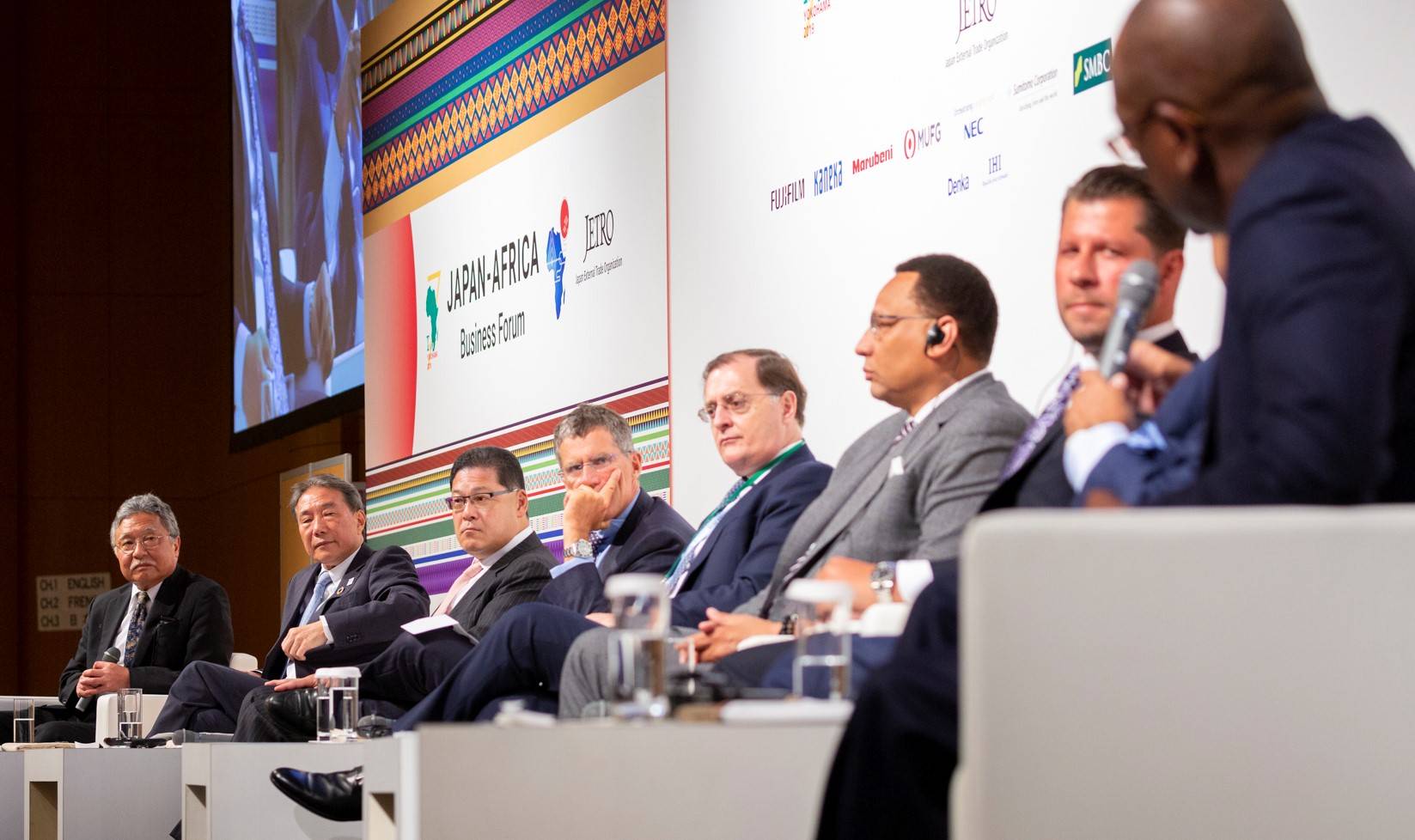
At TICAD 8, JETRO will again host the Business Forum, only the second held in Africa, following the forum held at TICAD VI, held in Nairobi in 2016.
The Business Forum will bring together leading Japanese and African business representatives in Tunisia for discussions on innovation, carbon neutrality, industrialization, sustainable finance and other topics. In addition, JETRO will set up an exhibition corner at the venue to introduce technologies and products from Japanese companies that can contribute to Africa’s development in the five areas of infrastructure and carbon neutrality; medical and health care; food and agriculture; consumer goods and lifestyle; and industrialization.
Rapidly growing startups in Africa are attracting a great deal of attention in Japan. JETRO has launched the Japan Innovation Bridge (J-Bridge), a business platform for creating international open innovation, to support collaboration and partnerships between Japanese and foreign companies in both the digitalization and green sectors. Seizing on the opportunity of TICAD 8, we added Africa to the coverage area for J-Bridge in April 2022. I am confident that the global networks, financial strength, technology, world-class human resources and trustworthiness of Japanese companies will surely contribute to Africa’s economic growth. JETRO also supports Japanese companies that seek solutions to social issues faced by Africa through the use of digital transformation.
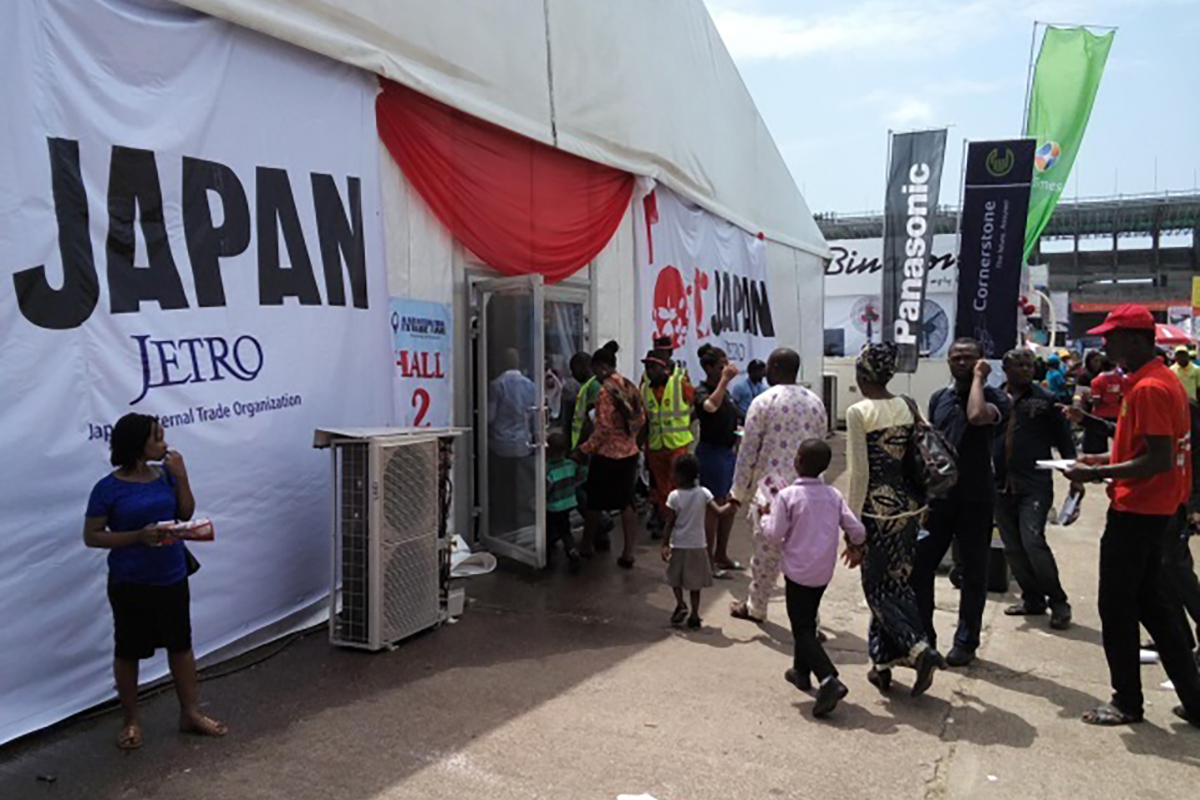
We hope to see more cases of pioneering collaboration between Japanese and African companies, focusing both on the innovations sprouting in Africa and the startup scene creating them.
The African Continental Free Trade Area (AfCFTA), which is of the world’s largest free trade agreement, is expected to contribute to Africa’s economic development and strengthen its competitiveness in the world. The promotion of intraregional trade will require the development of infrastructure, and human resource development will be essential. Japanese companies will be partners in this area, which has great scope for development. The AfCFTA also presents a business opportunity for Japanese companies, which have high expectations that boosting intra-African trade will turn the continent into a single market. For Japanese companies, the expansion of African consumer markets and carbon neutrality are points of focus. In particular, renewable energy presents a major business opportunity in Africa, which is internationally competitive in wind, solar and hydrogen power. Japan also needs to keep abreast of the changes and needs of the African market. To this end, JETRO will work on holding business meetings with Japanese companies in various fields, including medical devices, agricultural equipment and materials.

We believe that TICAD 8 will be the key to business success between Japan and Africa. JETRO is committed in its endeavors to create future business opportunities between Japan and Africa following TICAD and will further strengthen our efforts to provide companies with institutional information and information on potential partners in Africa. And although the pandemic has limited face-to-face interactions through overseas travel restrictions, JETRO will take advantage of the resumption of international travel to resume its proactive business activities, including the establishment of a Japan Pavilion in Nigeria and the dispatch of business missions to Ghana, to allow Japanese companies to actually experience the vibrant African market firsthand. We will continue to work with various regions in Africa and contribute to the expansion of business between Japan and Africa through our nine African offices and network of overseas offices around the world. For those Japanese companies interested in Africa, or African companies considering doing business with Japan, please contact your nearest JETRO office and “Talk to JETRO First.”



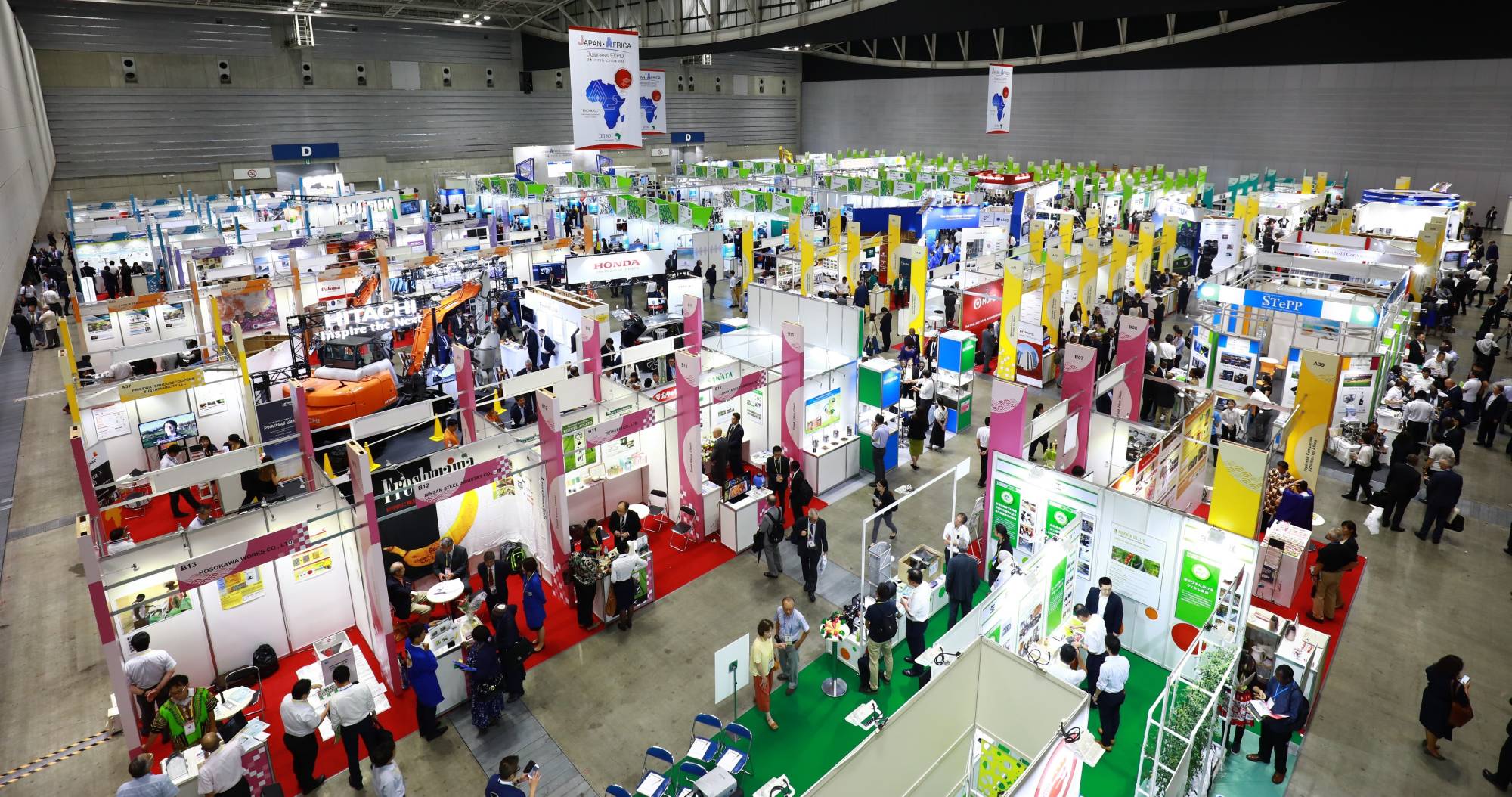
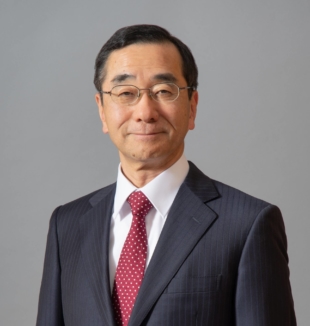
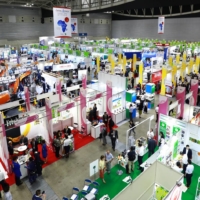


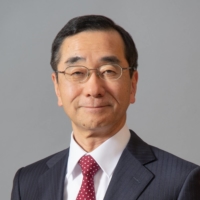
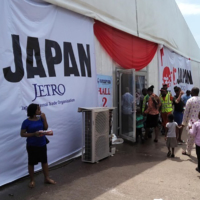















With your current subscription plan you can comment on stories. However, before writing your first comment, please create a display name in the Profile section of your subscriber account page.